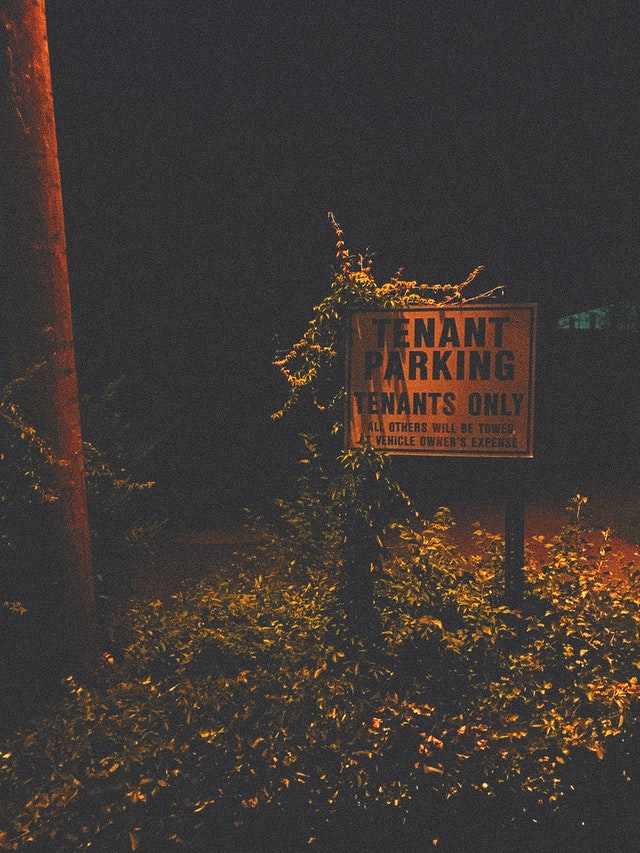Landlords are never going to enter into lease agreements expecting to face difficulties, and they definitely don’t believe that property damage is an unavoidable part of doing business in the private rental market, yet it does occur. Rather than hoping and crossing their fingers, what can landlords do to minimise any possible income loss and rental property damage?
 Photo by Whicdhemein One from Pexels
Photo by Whicdhemein One from Pexels
Tenants
The overwhelming majority of renters are trustworthy, responsible, and polite, but there are outliers. Problems, difficulties, and damage arise in every company, whether they are material or reputational, and the private leased sector is no exception. Landlords face an inherent danger when they accept renters who are negligent, reckless, or even malevolent in their handling of the property and its belongings.
Landlords are particularly vulnerable to harm due to the nature of the property sector, since they must depend largely on confidence and surrender a fair degree of supervision and control when giving over the keys to the property. When that trust is lost, there are practical and legal consequences, but it is always preferable to minimise any risk from the beginning of the tenancy.
Landlords can take a variety of efficient measures to reduce the possibility of loss or damage, which include components such as interim property inspections, insurance, references, and contractual requirements. Let’s take a quick look at how you may prepare for the worse while hoping for the best.
Tenancy With Assured Shorthold (AST)
Before entering into a contract with a prospective tenant, it is both recommended and highly advisable to commission and follow up on any landlords’ references provided. However, keep in mind that these references are from the landlords that the tenant knows will offer the best review. Checks of their rental history will be much more informative.
Speaking with past landlords can allow you to detect any patterns of behaviour, problems with rent payment, general maintenance, or property damage. Questions such as: how was (any) harm caused? Did the renter notify the landlord as soon as possible? Did they accept none, part, or all of the blame? How peacefully was the situation resolved? This may be the first stage when red flags are raised.
Renter reference checks are a fast, inexpensive, and easy method for landlords to assess if a tenant is likely to be dependable and, more crucially, to pay their rent on time.
Checks should contain the following items:
- Negative credit
- Landlord citation
- Employer testimonials
- Calculations of affordability
- Checking the right to rent
- Documents – bank statements / identity proof
When you’re certain about your tenant selection, consider including specific terms in your AST. Many landlords use standard form agreements, however there may be unique factors that relate to your property, such as structural, geographical, or style, quality, and arrangement of interior fixtures and fittings.
Similarly, you may want to make certain that explicitly prohibited behaviours, such as smoking, keeping pets, or excessive use of open fires, are clearly emphasised so that your intentions are not misunderstood. Consider the problems that make your property especially vulnerable to harm and plan for them. The renter is also responsible for informing you of any harm that has happened or, more crucially, circumstances that may soon lead to damage, in order to reinforce any known duty in specific terms.
Landlords must also ensure that the property is well-maintained and that safety is prioritised, with necessary gas and electrical certifications, smoke alarm inspections, and compliance with current laws, such as the Homes Act – suitability for human habitation.

Property Reports
It is critical to follow best practises in inventory property management before your tenants come in. A comprehensive examination of the premises, down to the smallest detail of the décor, equipment, and furnishings, as the information will clearly indicate the condition and provides both parties confidence and establishes an equal footing. The inventory report process may be time-consuming and complicated, but there are methods to make it easier. Using a managing agency is one apparent option, but if you are a self-managing landlord and are not interested in the cost or delegation required, another feasible option is to hire an inventory business or expert to produce the report.
A knowledgeable clerk will know what should and will not be included in the report, will ensure that any prospective points of contention are addressed from the beginning, and will set the standard for all future reports such as interim inspections and, of course, the check out at the end of the tenancy.
Property Inspections
Once the lease begins, your property is at its most vulnerable since, although you have some rights of access, they are balanced in law against the tenants’ rights of privacy, thus your best defence throughout the tenancy is frequent property inspections.
Ideally, you should visit the property on a frequent basis to verify that there are no maintenance problems, that the tenant is following the conditions of the AST, and that the smoke and carbon monoxide detectors are functioning and the renter is safe. The utilisation of a property professional or inspection app may minimise the time and effort required to conduct frequent inspections while maintaining the detail and completeness of the interim examination.